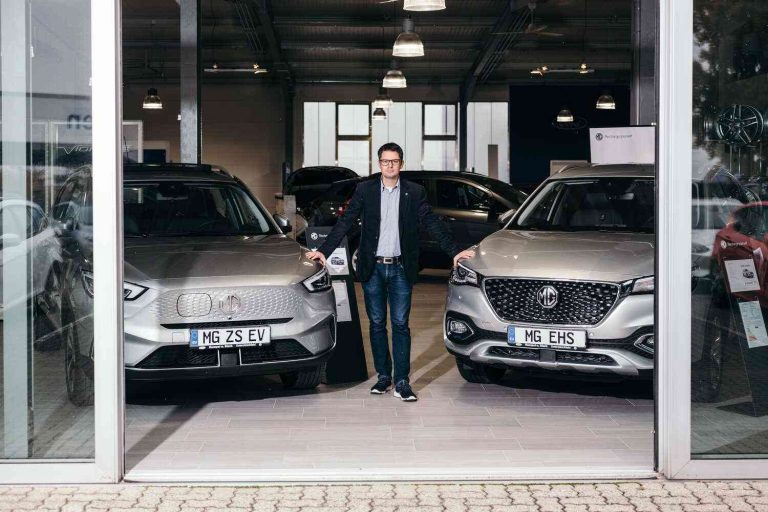By Jeffrey O’Meara, BBC automotive analyst
(Measured by sales, 2018 will not mark an end to China’s huge appetite for electric vehicles (EVs) but may be the beginning of a decline. Some analysts predict there could be a five year slowdown in demand. The nation may be leapfrogging some of the world’s largest car makers and will certainly shift to a technology it no longer needs. Chinese EV leader BYD has a plant in Shenzhen, south of Beijing, which produces more than 10,000 cars a day. BYD may be growing, but has far from peaked. “BYD is a relatively young company,” said Bryan Li, the country’s first car sales analyst. “They’re a mid-sized Chinese automaker. They’re a very innovative company and they’re continuing to become more innovative.” Electric breakthrough In China, electric cars are said to be less of a fad than BMW’s i3 or Tesla’s Model S. And those developing electric vehicles are focusing very closely on improvements to range and efficiency. Aided by the Chinese government’s quotas, they are helping to accelerate the adoption of EVs. By 2015, there were more than five million EV sales in China, more than double the number in 2014. By 2020, that figure is expected to double again to 11 million. In comparison, the US, which is home to virtually all the world’s EV brands, is expected to have slightly more than four million EVs on the road. But by 2020, analysts say, US sales will grow to about 15-20 million and the UK to about six million. Many of the US brands were founded before 2005 and were sold to a foreign partner, with volumes not keeping pace with market trends. Growth in Europe The shift to EV adoption over the next decade is likely to be slower for Europe. Despite the promise of cleaner air in Europe, the industry and government regulators say it is too early to invest. Still, certain EU countries are working hard to push forward. Ireland wants to export the positive development to other countries. German Chancellor Angela Merkel will deliver a keynote speech to unveil a new plan for the country’s EV transition. “The fact that the market leader in China is focusing on emission-free mobility suggests that we have a better opportunity for success in Europe,” said Erick Weber, Secretary General of the European Automobile Manufacturers Association. By 2025, many analysts expect the next generation of cars, most likely after 2030, to be vastly improved in terms of low emissions. “Anecdotally, I think in the world of electric cars, they already get too many miles per charge and it is inefficiency that we need to improve the most,” said Bryan Li.
Bookmark with: Delicious
Digg
StumbleUpon What are these? E-mail this to a friend Printable version
